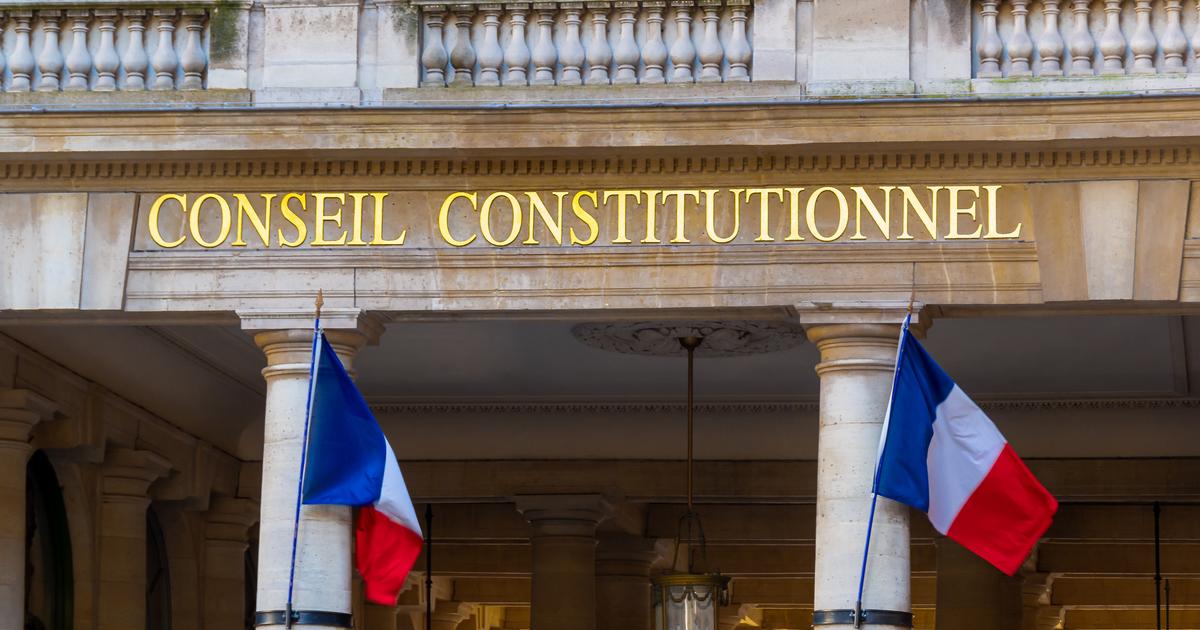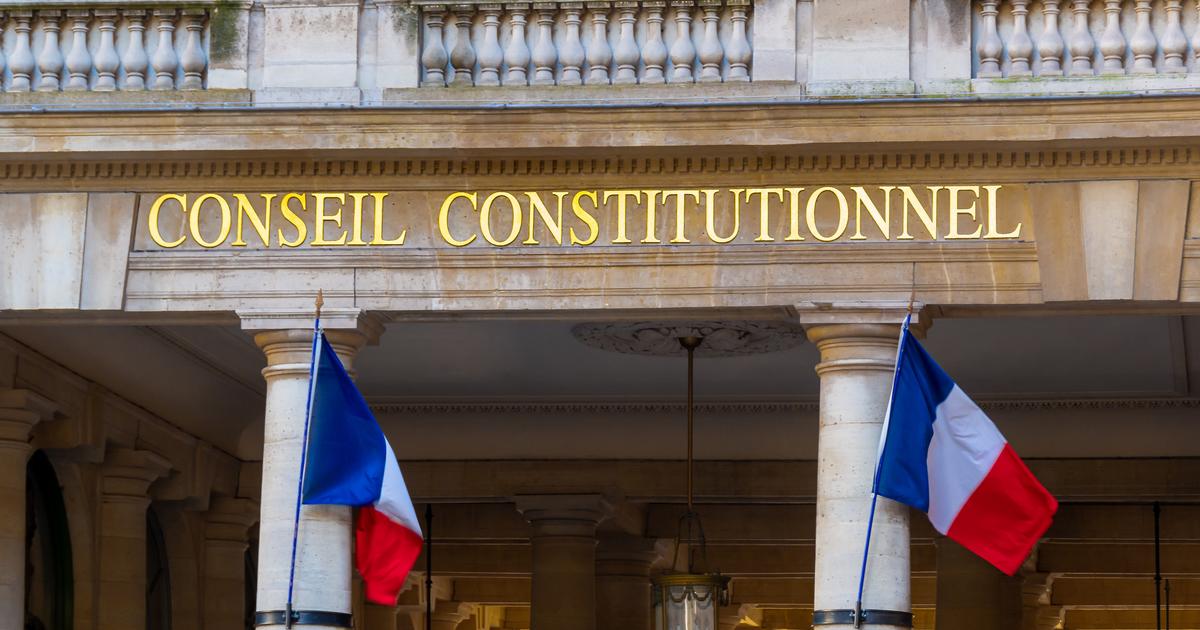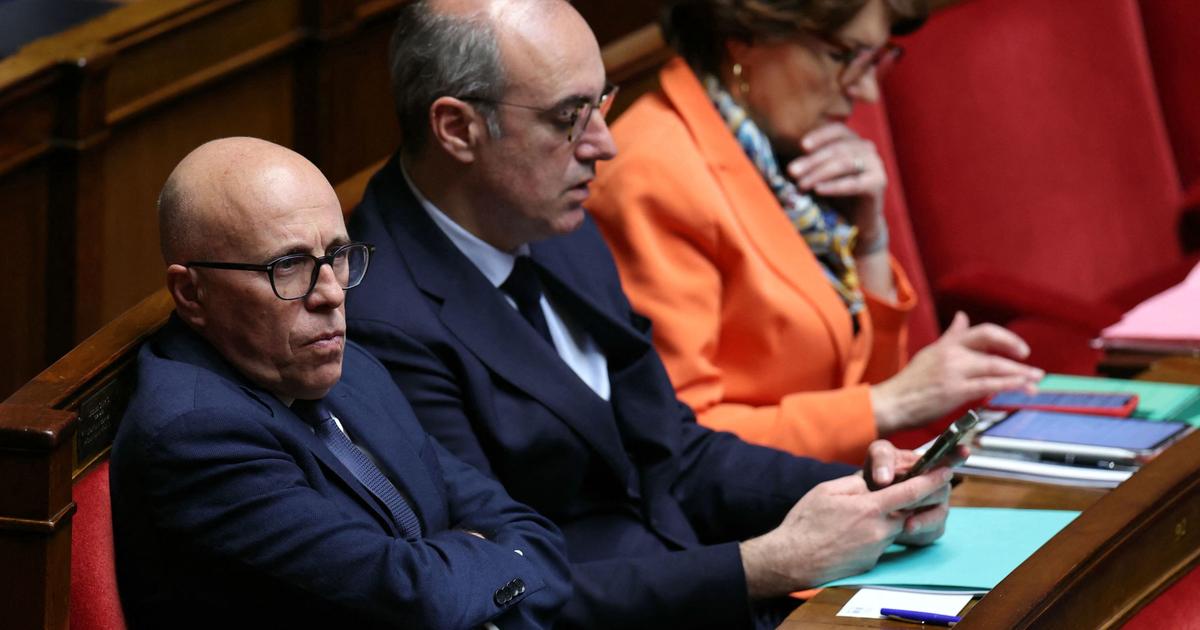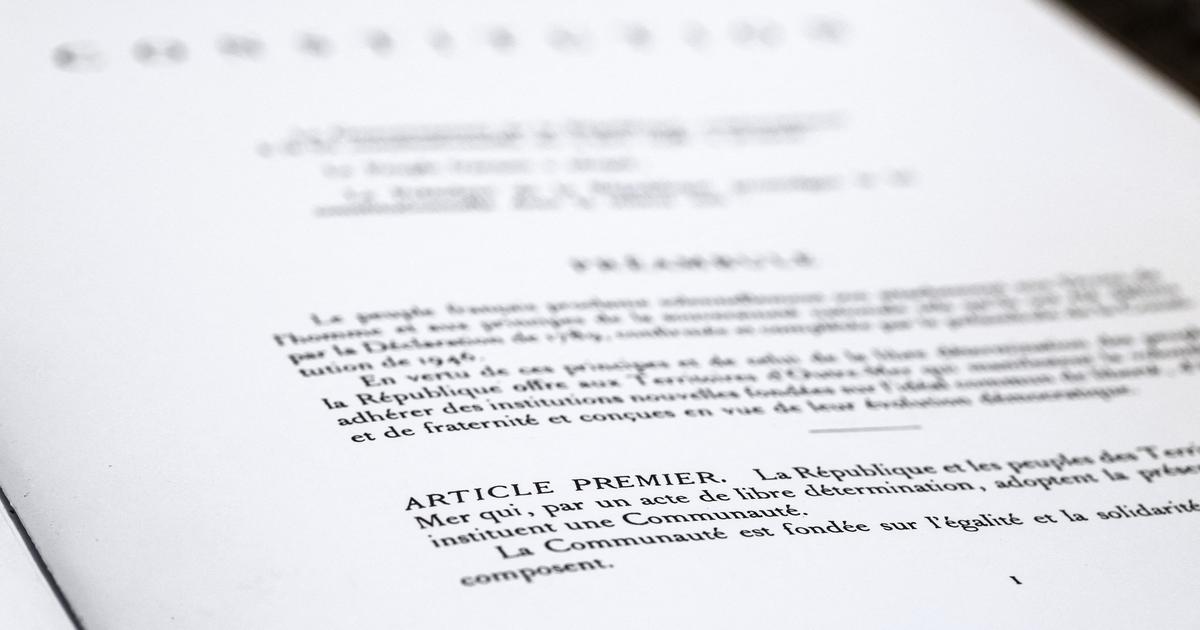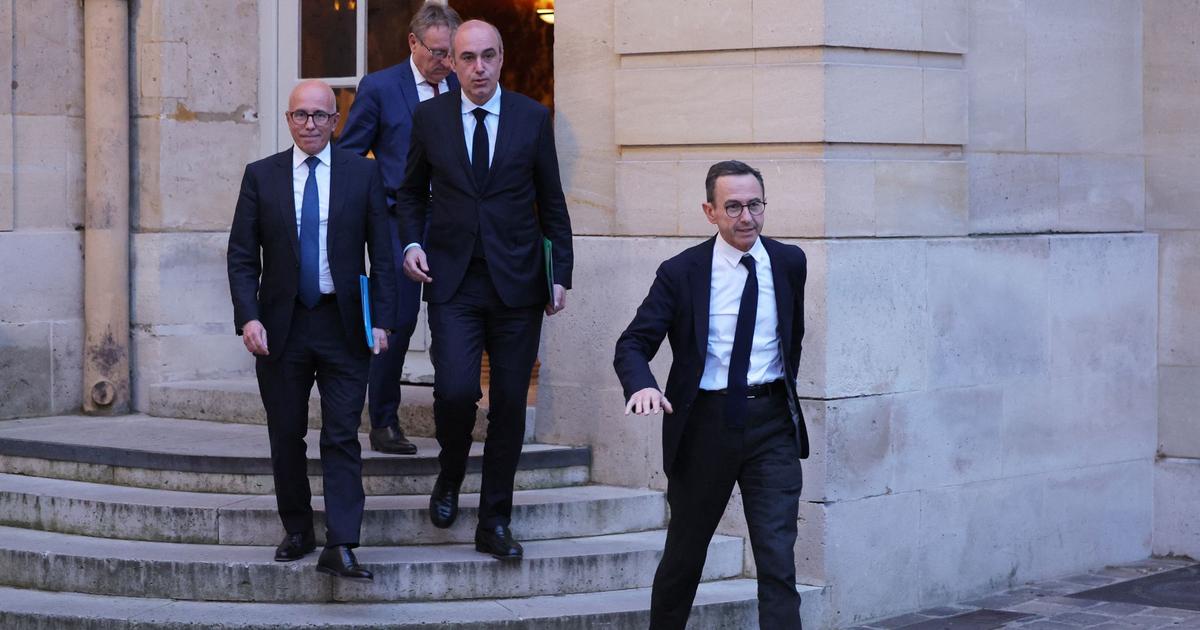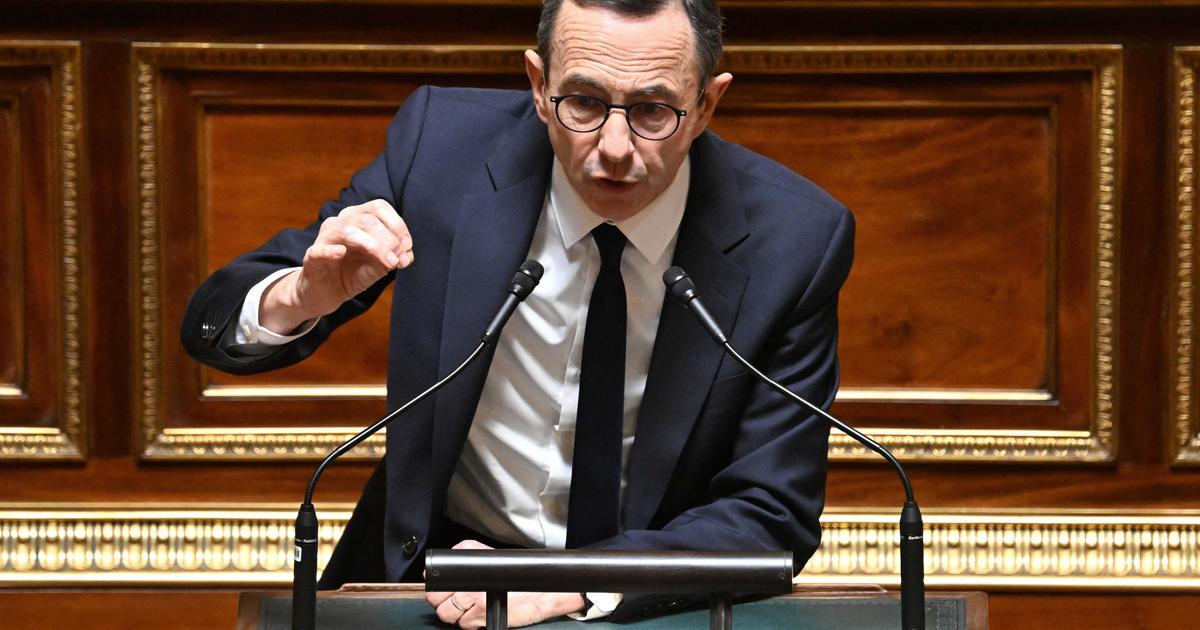When the clock marks midnight on Wednesday, the countdown to the referendum will begin, with which the Chilean political class will seek an institutional solution to the crisis that has been going on since October 18, when an unprecedented social outbreak began since the return to democracy, 30 years ago. Political parties, independent parliamentarians and social organizations will be able to display electoral propaganda to promote their positions against the plebiscite, scheduled for Sunday, April 26.
More than 14 million people - including about 60,000 Chileans residing abroad - may decide whether or not to carry out a process to develop a new Constitution, ending the inherited from the dictatorship of Augusto Pinochet (1973-1990 ). Although the constitutional text has undergone several changes, the Constitution of 1980 is, for many, one of the obstacles to respond to citizen demands for greater equality and presence of the State in basic services such as education, health and pensions to the retired.
MORE INFORMATION
The agreement for a new Constitution does not stop violence in Chile- Fever for the Constitution in Chile
- The Government of Chile opens to bury the Constitution inherited from Pinochet
In the plebiscite, in addition, Chileans must respond with which mechanism the new Constitution will be drafted in case the change is approved. For this there are two options: a Constitutional Convention, composed of elected citizens, and equivalent to a Constituent Assembly; or, a Mixed Convention, made up of 50% by parliamentarians appointed by Congress. Whatever the option, it will have a maximum period of one year to submit a proposal. Then, the text will be submitted to a referendum that, unlike April, will be mandatory. If the rejection succeeds, the 1980 text will continue to govern.
The former Concertación - which ruled the country for 20 years after the return to democracy and today acts as an opposition - promotes the new Constitution and the Constitutional Convention. The same goes for the Frente Amplio, which emerged after the student protests of 2011 and which in the last election managed to consolidate itself as the third political force. “For Chile, the possibility of having for the first time in our history a Constitution elaborated in democracy is at stake. And for the opposition part of a political solution to the crisis is played, ”says Heraldo Muñoz, former chancellor and current president of the Party for Democracy (PPD).
In Chile Vamos, the center-right coalition in the Government, there are found positions. In National Renewal - the party where Sebastián Piñera militated until the beginning of his first term, in 2010 - his members were given freedom of action, although the option to reject the change prevails. The argument is that changes can be made through reforms to the current Constitution. In the UDI, party of more conservative positions, they will vote against. In Evópoli, third force of the ruling and more liberal court, promote a new text.
"This process is so relevant that we decided to give freedom of action," said RN Secretary General Felipe Cisternas. So far all opinion polls predict a triumph of the option of drafting a new Constitution. The main doubt, however, is regarding the mechanism, where there are fewer and fewer differences between the two options.
For the doctor in Political and Academic Science of the University of Chile, Claudia Heiss, the April plebiscite is comparable to that of 1988, when the end of the Pinochet dictatorship was decided, “in the sense that it marks a break with the system previous politician. It would be the true return to democracy in Chile, because we had a democracy that did not fully recover with the transition. ”
On the other hand, for the academic of the University of Talca, Mauricio Morales, “the plebiscite of 1988 and that of 2020 are not comparable. In 1988, Chileans decided on a change in the political regime. The country was governed by a dictatorship and, therefore, there was no guarantee that the result would be respected. Additionally, for both options (Yes and No) there were historical political leaderships and obvious programmatic differences. ”
In the political world, what may happen in March is concerned with concern, where social networks called for demonstrations are already circulating and where many bet that the March 8 call for International Women's Day will become a starting point for A new cycle of mobilizations.
The social tension in the street has diminished, but the violence is latent. A sample of this were the serious incidents that accompanied the start of the Viña del Mar festival on Sunday, an event that every year follows 250 million people worldwide and that since 1960 is the pride of Chileans. Police arrested 50 people accused of burning cars and destroying the O'Higgins hotel, where producers, journalists and music band personnel are staying. The hotel owners announced Wednesday that the destruction will close the doors "indefinitely."
The issue of violence was addressed Monday at a meeting of President Piñera with his cabinet. After the appointment, Piñera - who has only 6% support from the population, according to the latest survey by the Center for Public Studies - said that "recovering public order is the number one priority."
“The Government has not been able to guarantee the basics: public order. This can have severe consequences for participation, ”Morales warns. Meanwhile, for Heiss, "the function of the Government is to guarantee conditions so that the process can be carried out in the best way, and of course that is not easy in a context of high social upheaval."


/cloudfront-eu-central-1.images.arcpublishing.com/prisa/NYNKKIEXBFHFFG6GV65QVUUAL4.jpg)
